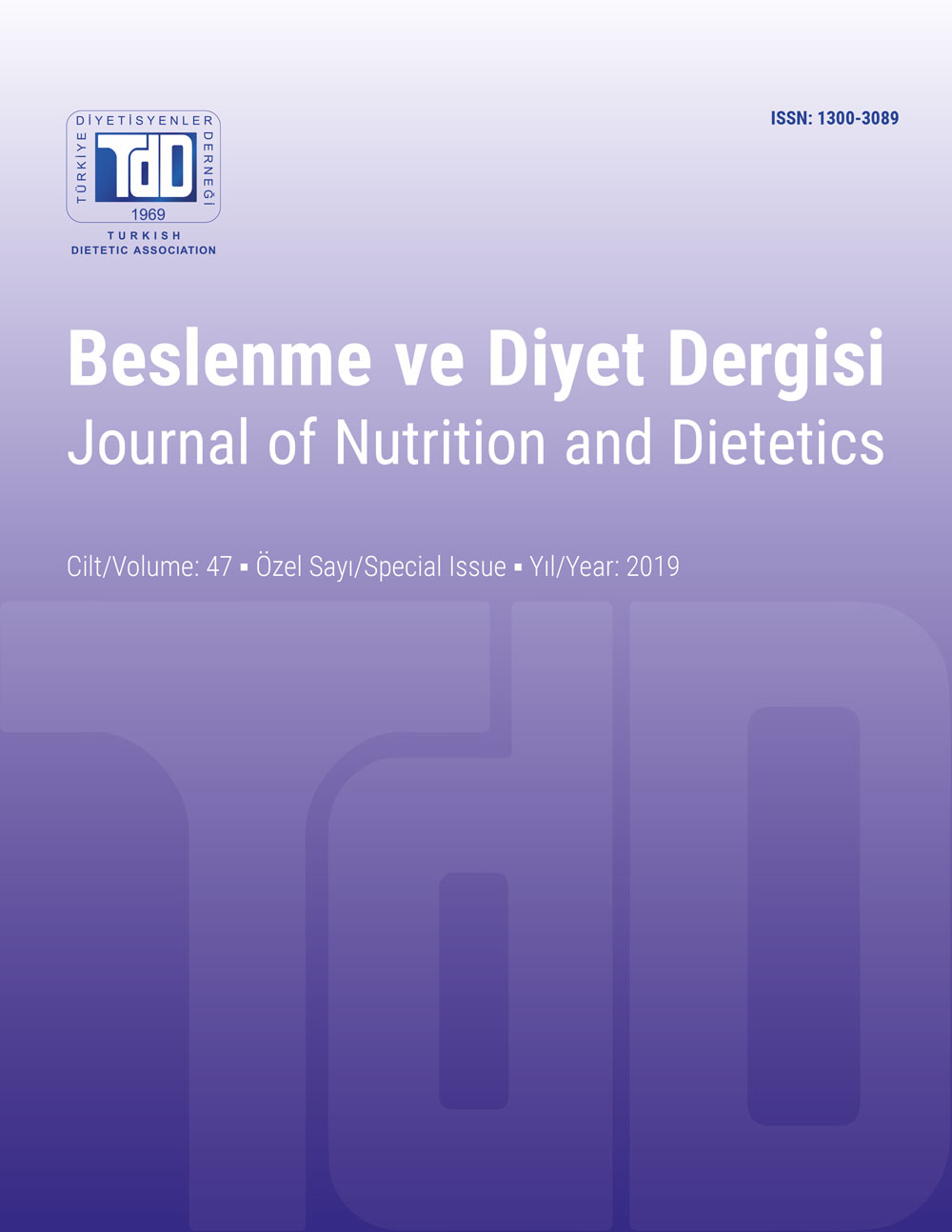Does Nutritional Therapy Have a Role in the Recovery of Diabetic Foot?
DOI:
https://doi.org/10.33076/2019.BDD.1319Keywords:
Diabet, foot ulcers, malnutrition, nutrition therapy, nutrientAbstract
The number of patients with diabetes is increasing all over the world, also complications especially the incidence of diabetic foot ulcers are increasing, which is the most common cause of morbidity. The annual incidence of complications related to diabetic foot ulcer (DFU) is 2%, and DFU occurs in diabetic patients at least once in their life. DFU’s treatment and follow-up is important for increasing the quality of life of the patient, controlling infection, reducing the risk of amputation and reducing the economic burden in the country. In addition, with careful management, it is possible to delay or prevent DFU, patient education, good metabolic control, detection and treatment of patients having risk factors are goals of treatment and prevention. Diabetic wound is characterized by prolonged inflammatory response, delayed matrix regeneration. The results of DFU such as, recurrent infections, and frequency of hospitalization are associated with morbidity. In order to prevent this complication, a multidisciplinary assessment is important. Medical nutrition therapy is required along with medical therapies in order to provide glycemic control in wound healing in DFU. It is important to evaluate the nutritional status in order to determine the priority in nutritional therapy and the need for nutritional support. Inadequate nutrient intake leads to prolonged inflammatory process, decreased fibroblast proliferation, and collagen synthesis, thus delaying wound healing. Malnutrition also causes adverse effects in wound healing. In 84.8% of DFU patients showed impaired nutritional status. The severity of DFU is associated with negative protein metabolism that exacerbates nutrient deficiencies. Optimal nutrition provides good wound healing. Completion of energy, macro and micronutrients in the correction of nutritional status positively affects the wound healing process. There is no evidence-based guideline for treating DFUs. As a result, nutrition therapy that provides enough energy, protein, vitamins and minerals can help to maximize immune function. Patient with DFU should be encouraged to eat a healthy diet.

